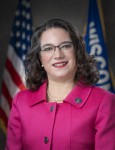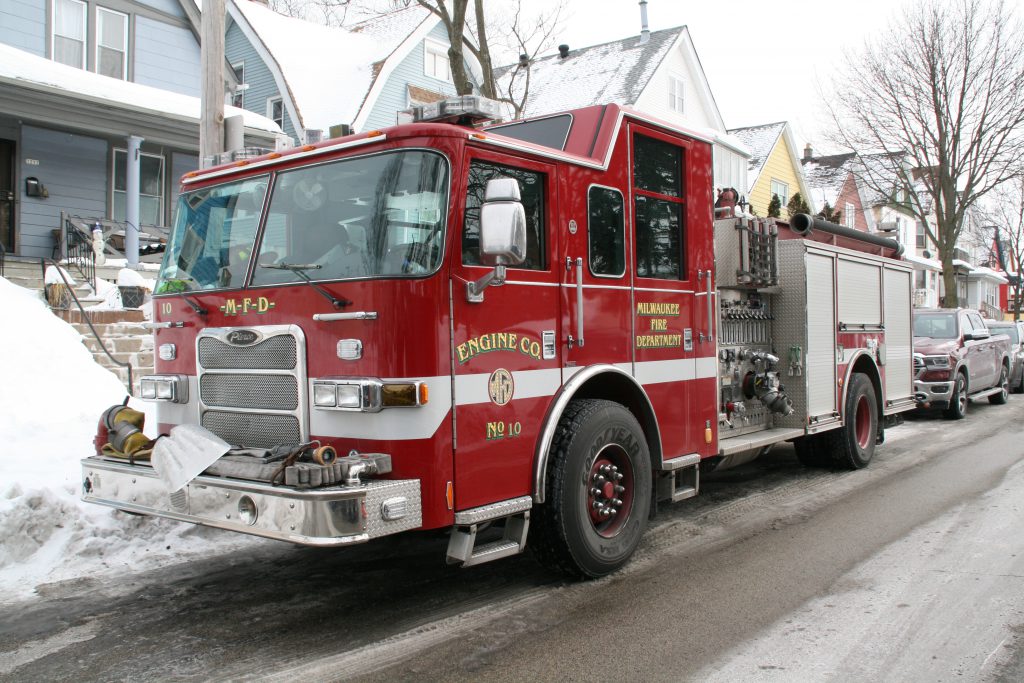Local Governments Starved For Revenue
Not a Democratic or Republican issue, it's needed by cities, counties across the state.
In December, I had the opportunity to sit down with numerous local leaders and hear about the issues impacting their communities. From town board chairs to city council presidents, mayors to county board supervisors, and superintendents to elected school board members, I heard the same resounding message – our local governments are starved of the resources necessary to provide essential services to their communities.
Local governments provide vital services that improve our day-to-day lives greatly, but often go unnoticed until they are no longer available. Municipalities are responsible for maintaining the parks and recreation departments; providing police, fire, and emergency medical services; delivering care for our most vulnerable friends and neighbors; ensuring residents have clean water; upholding the municipal court system; enforcing housing standards; revitalizing neighborhoods, and so much more.
The disheartened local officials that I met with shared that they do not have the resources needed to fill vacant firefighter and EMS positions, fill classrooms with enough chairs for students, remove snow and salt roads safely for drivers, or provide other basic services that Wisconsinites expect to be available from their local units of government. Even right here in Madison, residents pay a special fee for recycling removal because the city had to get creative with its revenue streams to continue providing this and other services.
Since 2011, Republicans cut shared revenue payments to local governments by nine percent, while costs grew and the needs of communities expanded. “Shared revenue” is revenue that is collected by the state and given to local units of government in the form of a direct aid payment. Typically, the aid is combined with the local government’s other revenue sources and is not directly tied to any specific function or budget item, providing community leaders with the opportunity to use the money as most appropriate given their municipality’s unique needs.
For more than a decade, our local governments have stretched every dollar received to its absolute limit to provide basic services to its residents. Unfortunately, in the absence of increased shared revenue from the state, communities across Wisconsin have been forced to make difficult decisions to cut critical services—including public safety. Since Governor Tony Evers was elected, legislative Republicans voted to remove vital funding provisions for these local services from his previous two budget proposals, which left our local leaders in an even more dire position.
During 2022, more than 30 municipalities went to referendum to maintain their local government services, asking residents to increase their own taxes to backfill the state’s shortcomings. It is unacceptable to me that as our state finds itself in one of its best financial standings in recent years, the Legislature continues to sit on a multi-billionaire dollar surplus and is choosing to continue starving our local communities of the resources needed to keep their neighborhoods safe and strong.
Municipalities throughout Wisconsin, small or large, urban or rural, have felt the consequences of stagnant aid from the state. My colleagues on the other side of the aisle can no longer ignore the problem they created, and I am optimistic that common ground will be found between Democrats and Republicans to finally provide our local units of governments with the resources and funding necessary to meet the basic needs of the residents they serve.
During Governor Evers’ fifth State of the State Address he touted the need for finding common ground with legislative Republicans and creating a plan to support our local communities. Governor Evers 2023-25 proposed biennial budget includes sending 20 percent of the state’s sales tax revenue back to local communities for shared revenue. The proposal means more than half a billion dollars more per year in new resources for local communities to invest in key priorities—the largest increase in aid to municipalities and counties in decades.
I am hopeful that the budget presented to Governor Evers by legislative Republicans later this spring will include a meaningful and sustainable investment in the state’s shared revenue program. The Wisconsin Counties Association, the League of Wisconsin Municipalities, the Wisconsin Towns Association, along with Republican and Democratic leaders have previously vocalized support to use a portion of the state’s sales tax to increase aid that goes to Wisconsin local governments, similar to the Governor’s proposal.
Ensuring our communities are safe and secure is not a Republican or Democratic issue. It is a Wisconsin issue. When our municipalities are strong and prosperous, our state is strong and prosperous. Democrats will continue working for Wisconsin.
State Senator Melissa Agard, Senate Democratic Leader
Op-Ed
-
Unlocking Milwaukee’s Potential Through Smart Zoning Reform
 Jul 5th, 2024 by Ariam Kesete
Jul 5th, 2024 by Ariam Kesete
-
We Energies’ Natural Gas Plans Are A Mistake
 Jun 28th, 2024 by John Imes
Jun 28th, 2024 by John Imes
-
Milwaukee Needs New Kind of School Board
 Jun 26th, 2024 by Jordan Morales
Jun 26th, 2024 by Jordan Morales























No need to look further. It’s a Wisconsin issue that rCons give two $hit$ about. Why do people vote for these $hithead$?